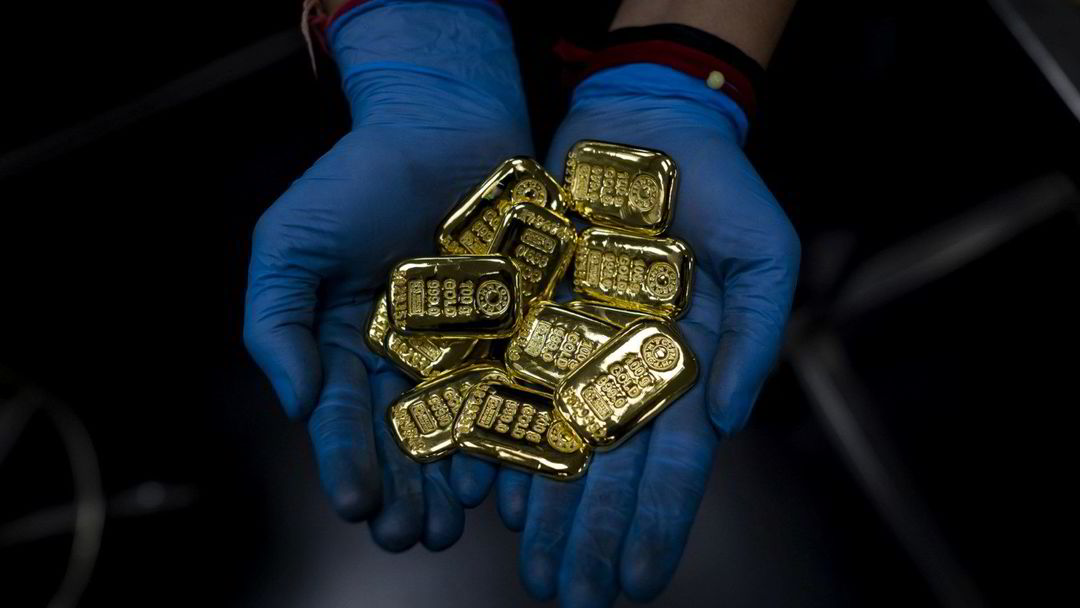Central banks are buying gold at the fastest pace since 1967. Analysts point to Russian and Chinese buyers as the reason, as there are indicators some countries want to diversify their reserves away from the dollar.
He writes Financial Times.
The British newspaper highlights data from the World Gold Council, which show that demand for gold is the highest in 55 years.
– Gold trading could indicate that the geopolitical backdrop is characterized by distrust, doubt and uncertainty after the US and its allies froze Russia’s dollar reserves, says analyst Adrian Ash in the gold trading platform Bullion Vault at the FT.
Russia refuses
The World Gold Council estimates that the world’s financial institutions will have purchased 673 tons in 2022 – 400 tons of gold were purchased in the third quarter. The biggest buyers in the quarter were Turkey, which bought 31 tons, Uzbekistan bought 26 tons and Qatar made its biggest purchase since 1967.
It was $1787 in November and has since risen to $1800.
Russia’s central bank has stopped reporting its gold purchases since the start of the war in Ukraine and denies that it is buying gold.
He wants to trade gold on Oslo Børs
In mid-November he spoke DN with hedge fund manager Tor Svelland who believe that central banks must capitulate in the fight against inflation, and therefore want to offer investors protection in gold.
Svelland teamed up with asset manager Edmond de Rothschild (EdR) and created a so-called Exchange-Traded Commodity (ETC), a stock that in this case will give investors direct exposure to physical gold.
The ETC will initially be listed on the Frankfurt Stock Exchange in Germany. After that, the goal is that it will also be listed on the Oslo Stock Exchange in the new year.
– We don’t have anything like it on Oslo Børs, so it will be the first of its kind. It’s a commodity exchange, so it’s about time, Svelland says.(Terms)Copyright Dagens Næringsliv AS and/or our suppliers. We would like you to share our cases using the links, which lead directly to our pages. Copying or other forms of use of all or part of the content may only take place with written permission or as permitted by law. For additional terms see her.
